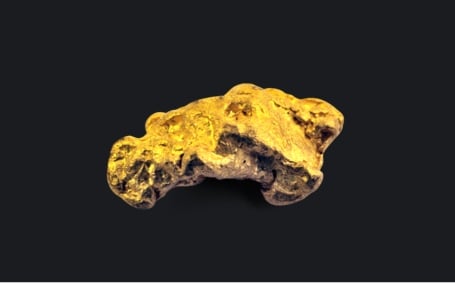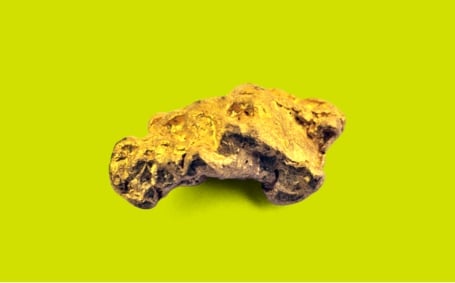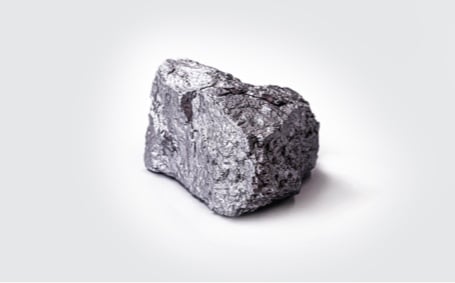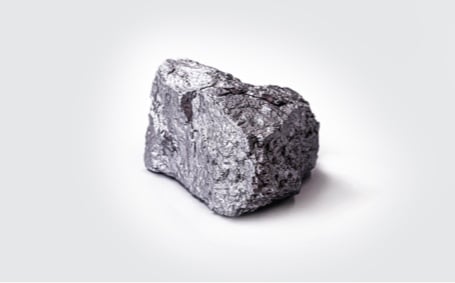The financial landscape is shifting in ways we’ve never seen before. What was once considered speculative or niche is now a fundamental pillar of global finance. Bitcoin and digital assets haven’t just survived—they’ve matured, and they’re attracting the attention of institutions, governments, and investors who, until now, have played it safe.
In 2025, BlackRock holds 2.7% of Bitcoin’s total supply. The Czech Republic’s central bank is considering adding Bitcoin to its reserves. Even former skeptics, like Jim Cramer, are calling it an essential portfolio asset. And in a move that would have been unthinkable a decade ago, one of Donald Trump’s first executive orders after re-entering office focused on solidifying U.S. leadership in digital finance.
For everyday investors, this moment isn’t just interesting—it’s pivotal. Institutions are moving in, governments are adapting, and the financial system itself is evolving. Those who still see crypto as a fringe experiment might find themselves looking back and wondering how they missed the shift.
Bitcoin’s Institutional Boom: The Catalyst for Widespread Adoption
The approval of Bitcoin Spot ETFs in 2024 sparked a massive institutional buying spree, with Bitcoin ETFs surpassing Gold ETFs in assets under management (AUM) within a year, reaching $100 billion—an achievement that took gold more than a decade. Major asset managers, including BlackRock and Fidelity, have fully integrated Bitcoin into their long-term strategies, with BlackRock holding 2.7% of all Bitcoin in circulation.
Countries like El Salvador, which buys one Bitcoin daily, and Bhutan, holding $1.3 billion in Bitcoin (almost 50% of GDP), are significantly increasing their Bitcoin holdings. Meanwhile, Russia is exploring Bitcoin for payments, and the Czech National Bank is considering a 5% allocation of its reserves to Bitcoin. As more institutions and nations invest, Bitcoin’s adoption is set to accelerate in 2025.

MicroStrategy’s $46.7 Billion Bet on Bitcoin
If there’s one company that embodies the institutional embrace of Bitcoin, it’s MicroStrategy. Led by Michael Saylor, the firm recently added another $1.1 billion worth of Bitcoin to its holdings, bringing its total to 471,107 BTC—valued at nearly $46.7 billion.
Saylor’s bet isn’t just about potential price appreciation; it’s a long-term hedge against inflation and currency debasement. In his view, Bitcoin’s fixed supply of 21 million coins makes it a fundamentally different kind of asset—one designed to withstand the eroding forces of traditional fiat currency. The below chart shows the growth in the company's Bitcoin strategic treasury reserve.

A U.S. Policy Shift: Trump’s Executive Order on Digital Assets
Perhaps the biggest signal that crypto has gone mainstream came on January 23, 2025, when President Donald Trump signed an executive order titled Strengthening American Leadership in Digital Financial Technology. Unlike past administrations that wavered on crypto regulation, Trump’s EO removed restrictive policies and set a clear framework for digital asset growth. Among the key provisions:
- Ensuring fair access to public blockchain networks
- Promoting U.S. dollar-backed stablecoins
- Establishing a federal regulatory framework for digital assets
- Prohibiting Central Bank Digital Currencies (CBDCs) in the U.S.
For an industry that has long operated in regulatory uncertainty, this move was a turning point. It signalled that the U.S. wasn’t just tolerating digital assets—it was actively working to integrate them into the future of finance.
Bitcoin’s Legitimacy as a Reserve Asset
While the U.S. is adopting a pro-crypto stance, the Czech Republic’s central bank (CNB) is considering Bitcoin as part of its national reserves.
Governor Ales Michl has advocated for diversifying CNB’s €140 billion foreign reserves with a 5% Bitcoin allocation. If approved, this would make CNB the first major Western central bank to hold Bitcoin, potentially setting a precedent for other nations.
Why? Bitcoin’s 144% year-to-date surge, $2 trillion market cap, and reputation as 'digital gold' make it an increasingly attractive hedge against inflation and economic uncertainty. If the CNB moves forward, it could spark a domino effect, with central banks worldwide reconsidering Bitcoin as a strategic reserve asset.
Beyond Bitcoin: The Rise of Tokenization and Blockchain-Based AI
While Bitcoin remains the primary gateway for institutions and governments, the broader digital asset landscape is evolving at a rapid pace.
1. The Tokenization of Real-World Assets (RWAs)
BlackRock and JPMorgan are already leading the way in tokenization—turning traditional assets (stocks, bonds, real estate) into blockchain-based tokens. Why does this matter? Tokenization unlocks liquidity, reduces settlement times, and allows for fractional ownership, making high-performing alternative assets more accessible to everyday investors.

2. Decentralised AI on the Blockchain
Today’s AI models, like ChatGPT and Google Gemini, are centralised, raising concerns about privacy and control. A new wave of blockchain-based AI projects is emerging, offering a trustless, censorship-resistant alternative where users control their data and interactions.
What This Means for Everyday Investors?
For years, crypto has been dismissed as too complex or too speculative. Many retail investors have dabbled in Bitcoin, but few have committed serious investment capital. In Australia, self-managed super funds allocate just 0.1% of their portfolios to crypto.
That’s about to change. The entry of institutions and governments into the crypto space means the industry has officially gone mainstream. And history shows that when the institutions move in, smart retail investors follow.
At Wealth99, we’ve been at the forefront of making high-quality digital assets accessible to everyday investors since 2018. Unlike speculative crypto exchanges, our platform is built for long-term wealth creation, offering:
✔ Institutional-grade security powered by our licensed custody solution
✔ Complimentary, expert support to help investors navigate the evolving crypto space
✔ Resources for financial professionals to help clients integrate digital assets into their portfolios
We’re not another crypto exchange hoping you’ll gamble on Bitcoin. We’re pioneering a new wealth-building solution—one that institutions and governments are now embracing.
Final Thoughts: 2025 is the Year to Take Crypto Seriously
2025 marks a pivotal year for digital assets. Bitcoin’s rise is no longer just a speculative trend; it's becoming a cornerstone of global finance. Major institutions like BlackRock and Fidelity are integrating it into their portfolios, while countries like El Salvador and Bhutan are significantly increasing their holdings. With nations and financial giants embracing Bitcoin, its role as a legitimate asset is now undeniable.
The rise of tokenization and decentralised AI is also transforming the broader crypto landscape, paving the way for innovations that could redefine the financial system. What once seemed niche has become essential, and the opportunity to build long-term wealth through crypto has never been clearer.
As the world adapts to a changing financial system, the opportunity for long-term wealth creation through digital assets has never been clearer. If you haven’t already embraced crypto, now is the time to take a closer look—this is no longer about speculation, it’s about positioning yourself for the future.


































.svg)
.svg)
.svg)



